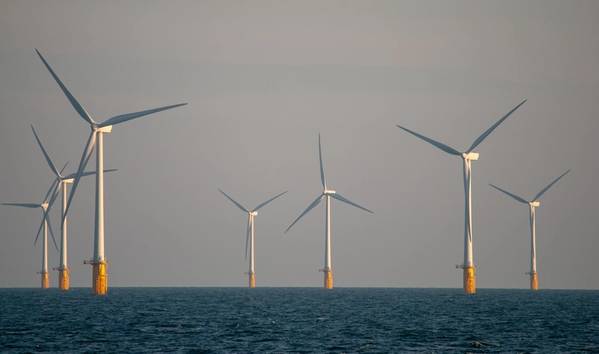
Investors, developers and users of renewable energy at an industry conference in New York this week were buzzing about the state's ambitious plan to reduce greenhouse gas emissions to zero by 2050.
"New York is leading a path forward with public policy that signals to the capital markets and developers to deploy projects to achieve its ambitious goals," Susan Nickey, managing director at Hannon Armstrong Sustainable Infrastructure Capital Inc , said on Wednesday. New York state lawmakers passed the legislation early Thursday morning.
If Governor Andrew Cuomo signs the bill into law as expected, New York would become the second U.S. state to aim for a carbon-neutral economy. California Governor Jerry Brown signed an executive order last year to make that state carbon-neutral by 2045.
"It's great to have California and New York competing to see who can cut the most carbon," said Gregory Wetstone, president and chief executive officer of the American Council on Renewable Energy, sponsor of the REFF-Wall Street conference in Manhattan.
Wetstone, whose group includes investors, developers and other professionals involved in renewable energy, noted that New York and California are the two most populous U.S. states, "and that matters. The grid will be changing more quickly and that's exciting."
The plan "creates new opportunities for investors in renewable energy that is grid connected but especially 'behind-the-meter' solutions like green roofs, distributed solar, advanced lighting and controls, onsite storage and battery storage projects," said Nickey, whose company invests about $1 billion a year in the sector.
Ted Bardacke, executive director of the Clean Power Alliance of California, a coalition of 31 agencies that band together to buy clean power, said New York's plan could hasten the day when "high levels of renewables on an electric grid are normalized. ... It will bring more capital into the sector and also more thought leadership."
John Rhodes, chairman of the New York State Public Service Commission, told the conference on Tuesday that his office is working to streamline a site application process that can be "lengthy and arduous" for solar and wind developers.
He said power transmission will be another big challenge because there is a lot of land to build wind and solar capacity on upstate, but "the heaviest demand is downstate." He also said he expects a lot more offshore wind projects will be developed in the next few years.
(Reporting By Dave Gregorio; editing by Daniel Wallis and Jonathan Oatis)